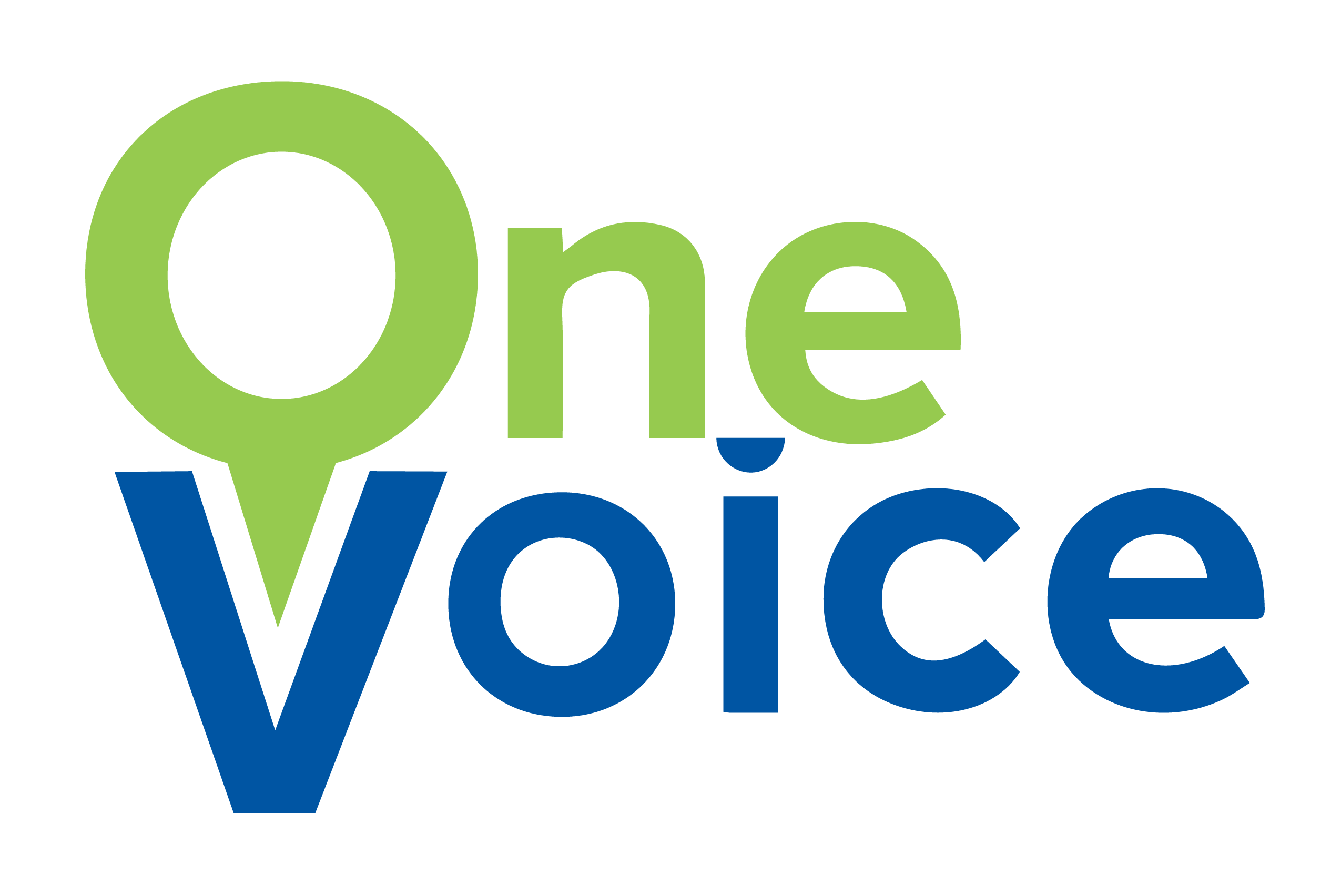Proponents of private school vouchers want you to believe that school choice programs are designed to afford students more opportunities.
Here’s the deal: All parents want their children to receive a high-quality education in a safe school environment that sets them up for success. It’s part of the American dream.
Here’s the problem: Vouchers – whether labeled traditional, virtual, tax credit scholarships, or Education Savings Accounts – pump our tax dollars into private schools by diverting money away from the public schools that need them.
Here’s the solution: State lawmakers must reject school choice vouchers and instead invest in fully funding public schools. [GU1]
In Mississippi, 90% of students attend public schools, and families overwhelmingly support the schools in their communities. But public schools are struggling financially due to years of underfunding, according to MAEP, and private school vouchers would only make matters worse.
Though private school voucher advocates may argue that vouchers only divert per-pupil funding, the reality is that when a school loses a child through the voucher transfer portal, it becomes more difficult for schools to pay for building maintenance, transportation, textbooks, and yes, even teachers’ salaries, according to the Center on Budget and Policy Priorities.
There’s also the misconception that only public school students are eligible for vouchers. If a universal private school voucher is implemented, wealthy families whose students are already enrolled in private schools or home-schooled are also eligible to receive taxpayer dollars taken from public schools they never attended and money that many may not need.
Private school vouchers were born out of racism, following Brown v. Board of Education in 1954, when Southern states, including Mississippi, funded vouchers to permit white students to attend private schools, thereby legally evading integration. 49 out of the 59 of these all-white private schools (segregation academies) are still standing, while our public schools are struggling, begging, to be fully funded. Implementing a private school voucher in Mississippi would perpetuate existing disparities in our K-12 funding and tax systems to maintain racial segregation in our education system.
Not only are vouchers a funding threat to public schools, but they also increase the risk of harm to students and do little to expand opportunity. For example, according to the CBPP, students using vouchers to attend private schools can also be denied opportunities based on their race and ethnicity, gender presentation, and disability, as many of those schools’ policies clearly waive students’ protections under the Individuals with Disabilities Education Act to have funded services for their learning needs.
School vouchers directly threaten public education, the cornerstone of a thriving community. We must advocate for the strength of public schools and work together to ensure a future where every child in Mississippi receives a quality education.

Our mission is to ensure an equal voice for traditionally silenced communities. When One Voice’s work is done, we envision a Mississippi with a healthy vibrant thriving neighborhoods, schools, economy, and most importantly families.
123 Main Street
New York, NY 10001
One Vision. One Village. One Voice